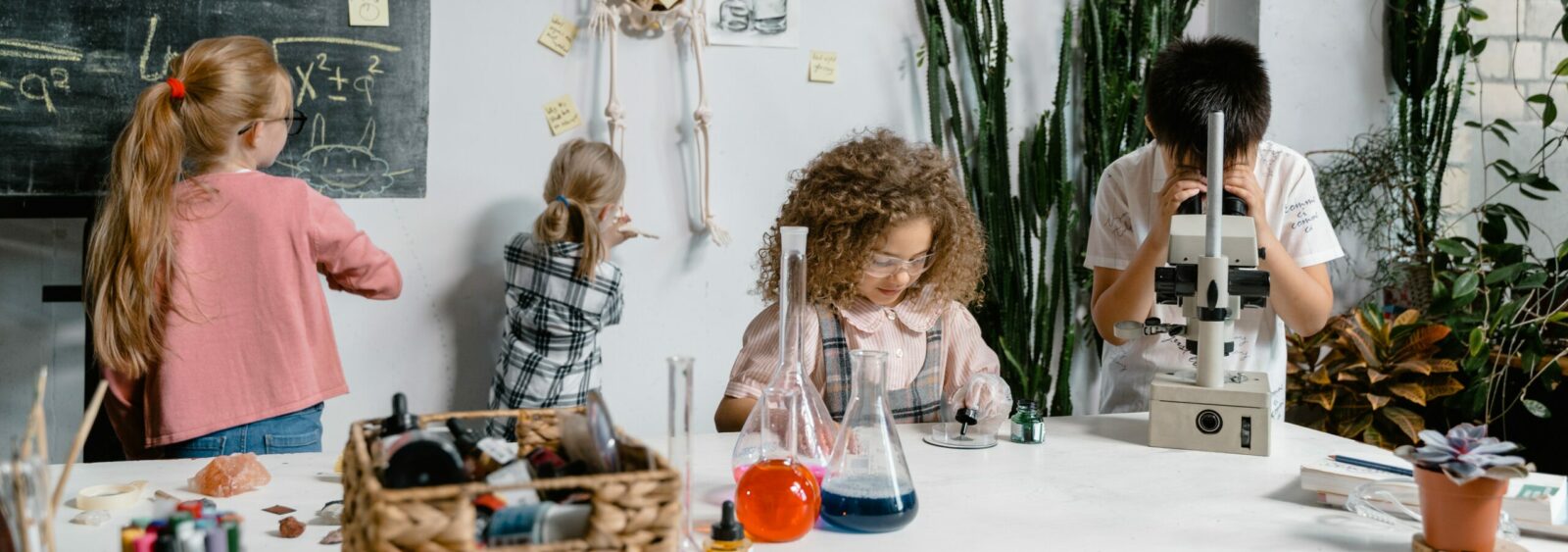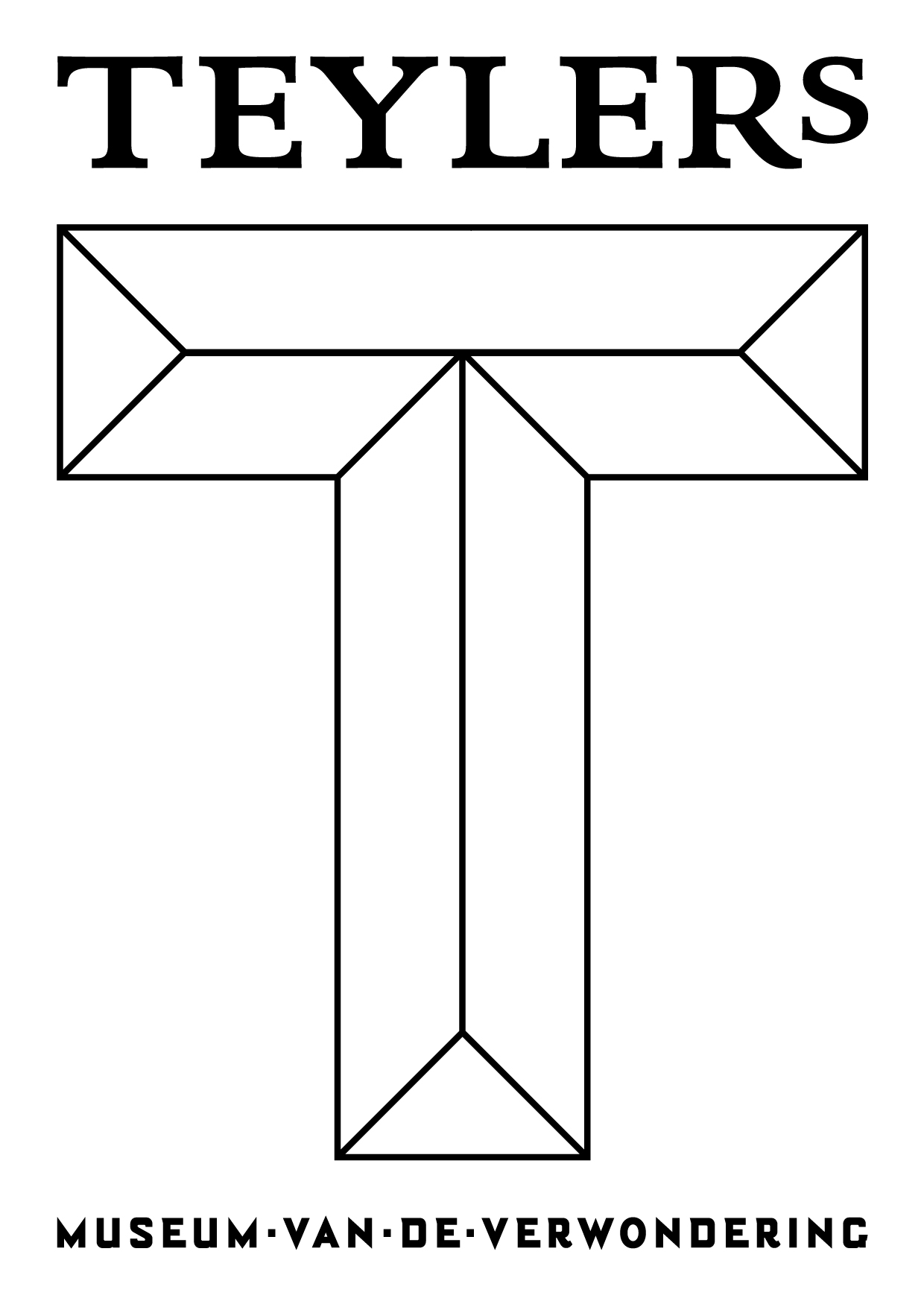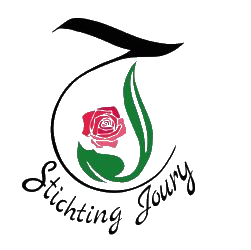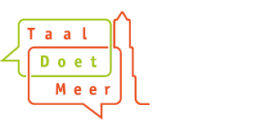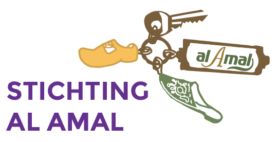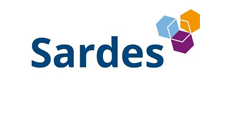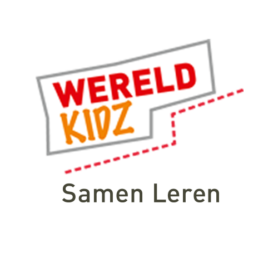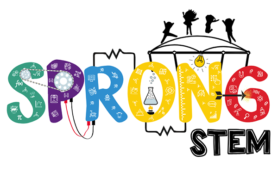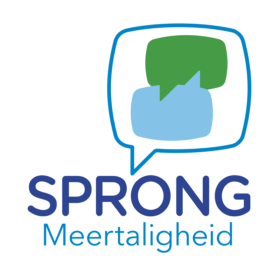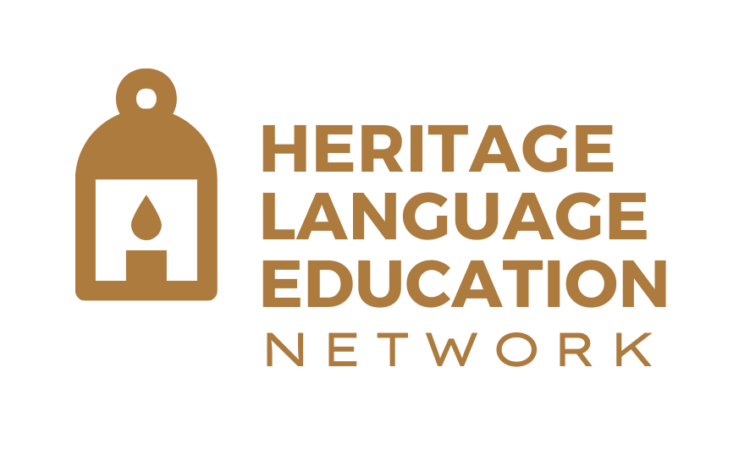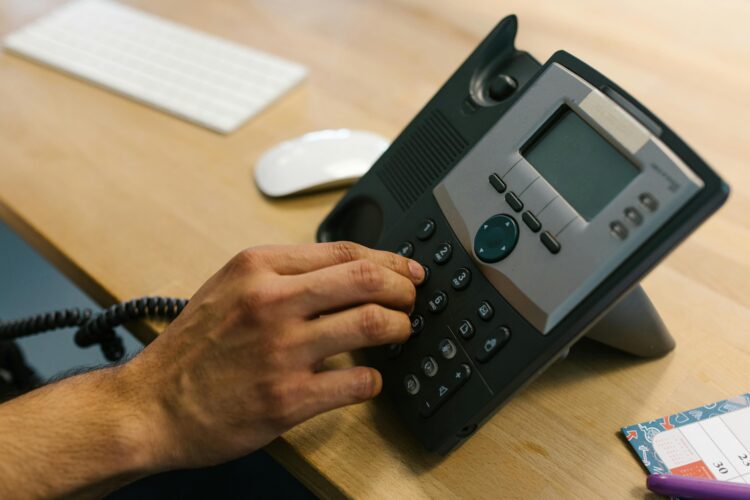
Upcoming school group visit to the museum? Consider these tips on a quick school-museum communication to make the most out of it!
Are you a teacher taking your school group on a museum visit soon? Or are you actually on the ‘other side’ – a museum educator or volunteer expecting to welcome the school group at the museum? In this blogpost, we share some tips on what you can share with each other beforehand to make the most out of the children’s museum visit.
Read more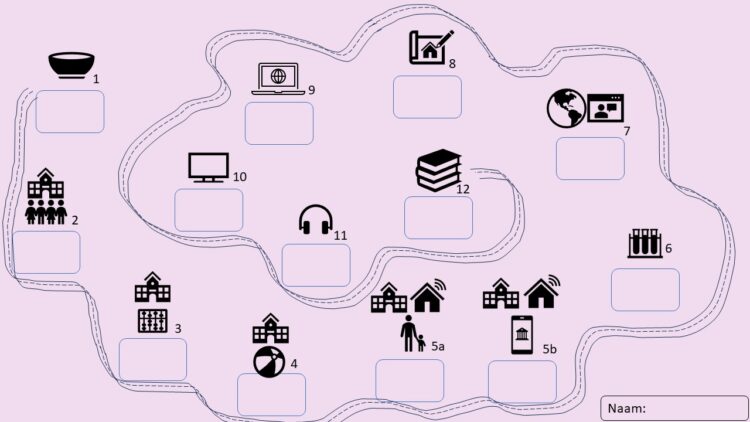
Six strategies to find out what students can do with their languages in the classroom
Multilingual students can benefit from using all their languages in the classroom. Educators can adopt a translanguaging approach to encourage students to use their home languages to learn. A crucial first step is discovering what students can (and want to) do with their languages. In this blog, we explain why this step is so important and offer six practical strategies for educators.
Read more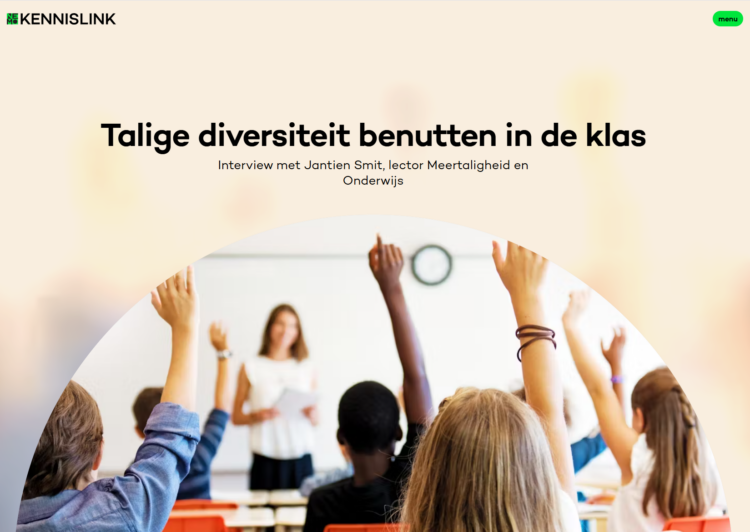
Utilising linguistic diversity in the classroom
The multitude of languages spoken by pupils at home contains a wealth of knowledge. Schools could make better use of this. That’s the advice of the Dutch Education Council.
But how can school go about this?
Jantien Smit, lecturer in Multilingualism and Education at Utrecht University of Applied Sciences and co-project leader of Multi-STEM, gives practical advice
Read more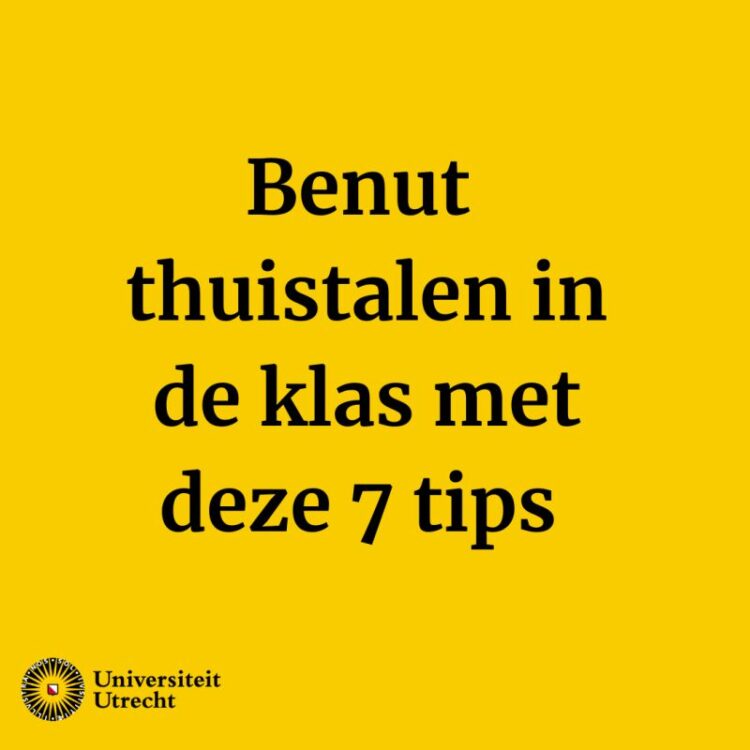
Use home languages in the classroom
Last week, the Dutch Education Council gave new advice: make use of all the languages children bring to school. One way to follow that advice is through translanguaging. Based on recent research, scientists at Utrecht University describe seven practical ways teachers can do this. ‘Translanguaging gives multilingual children a better grasp of the subject matter and makes them feel more seen.’
Read more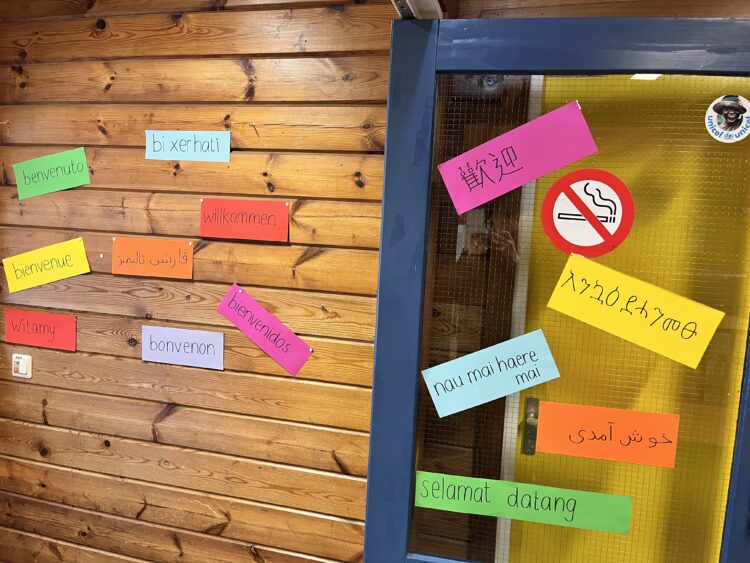
New developments: multilingual teaching practices
On September 4th, 2025, the Dutch Education Council issued a clear recommendation: make better use of linguistic diversity in education. School leaders and the government are being called upon to invest in the support, training, and continued professional development of teachers. Meanwhile, the Ministry of Education, Culture and Science is working on a framework for education for newcomer students.
Read more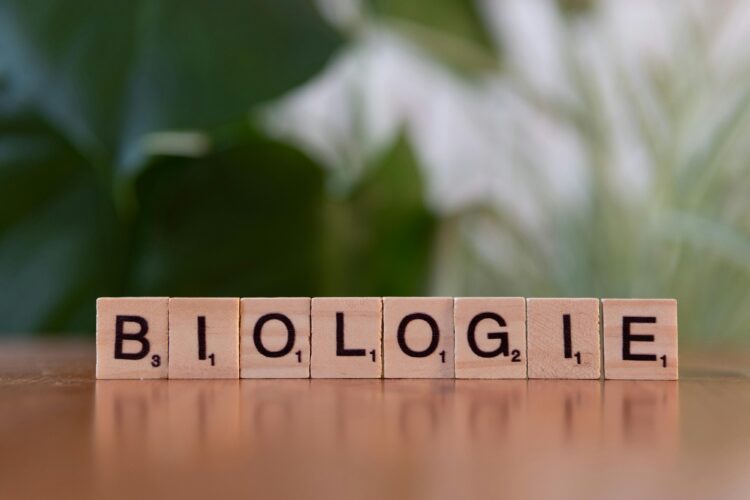
Like a waltz of languages: Multilingual students talking about science-related things
In this post, we discuss how learning to talk in the scientific language does not mean leaving other languages or ways of talking behind. We also show how multilingual children may talk about science-related topics using a ‘waltz’ of languages.
Read more
Educators as bridges between researchers and caregivers
Doing participatory research with parents/caregivers of multilingual children sometimes requires researchers to enter the school environment. In these situations, teachers, classroom assistants, school directors, and other school employees can function as bridges between researchers and parents/caregivers. In this blog, we present four myths about the role of educators in research, and provide our response to them.
Read more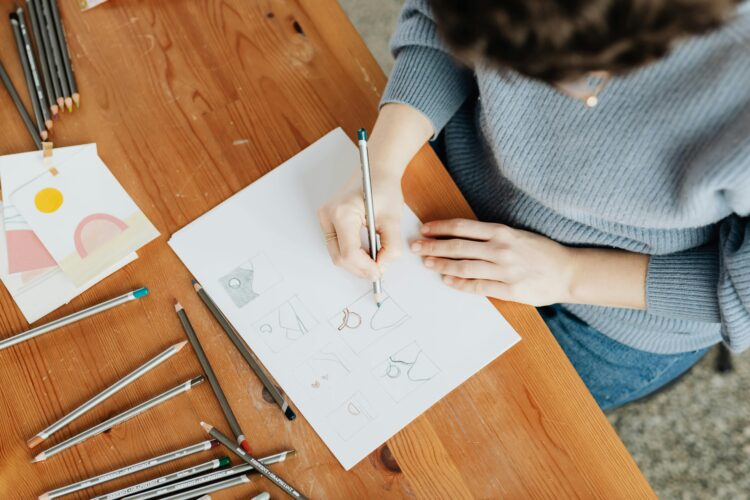
Recommendations for designing diverse linguistic landscapes at schools: Input from our research partners in Sweden
A linguistic landscape or “schoolscape” is the set of signs and objects visible in the space of a school that contain text in any language/s. According to Hanna and Ylva, two master students who investigated the use of linguistic landscapes in Sweden, diverse linguistic landscapes can promote a sense of belonging in children as well as play a role in learning. But what should one take into account when designing an effective diverse linguistic landscape that can do both? Here are their recommendations.
Read more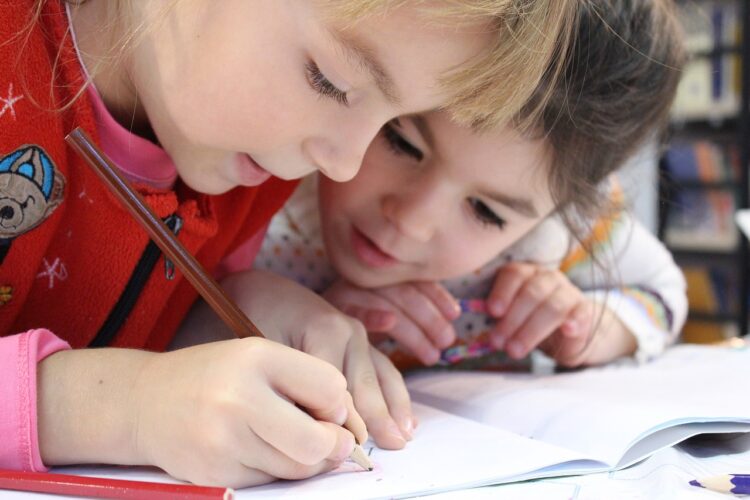
The Challenge of Multilingual Mathematics
Learning mathematics means learning many new words, as well as manners of writing and talking about abstract concepts. This can seem challenging to any child, but can be an extra challenge for students who are still learning the language of schooling. Translanguaging can help multilingual students to access prior knowledge, understand cultural differences and connect the home world to the school world.
Read more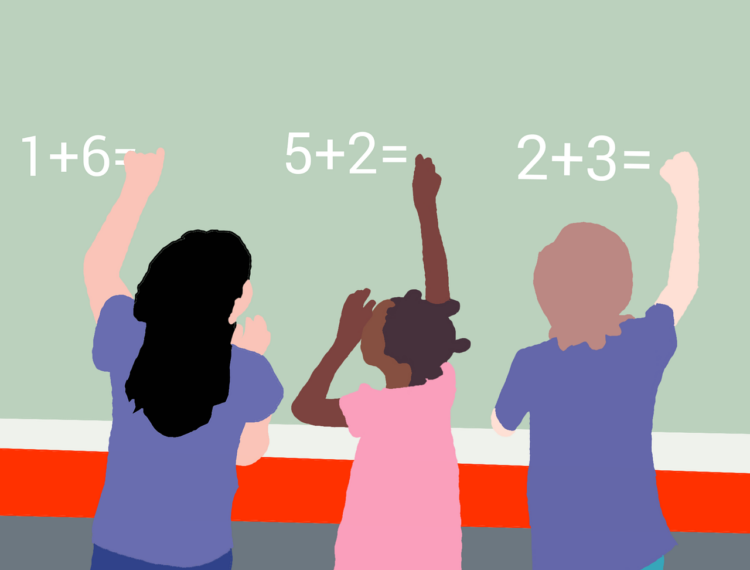
Collaborating with multilingual caregivers
In March, researcher Erin Gail MacDonald collaborated with Lotte van der Goot and Marjon Smits to write a blog about collaborating with multilingual caregivers. Lotte and Marjon work for CPS, and we so appreciate that they bring both practical insights from the field and theoretical knowledge to our collaboration. You can find the blog here:…
Read more